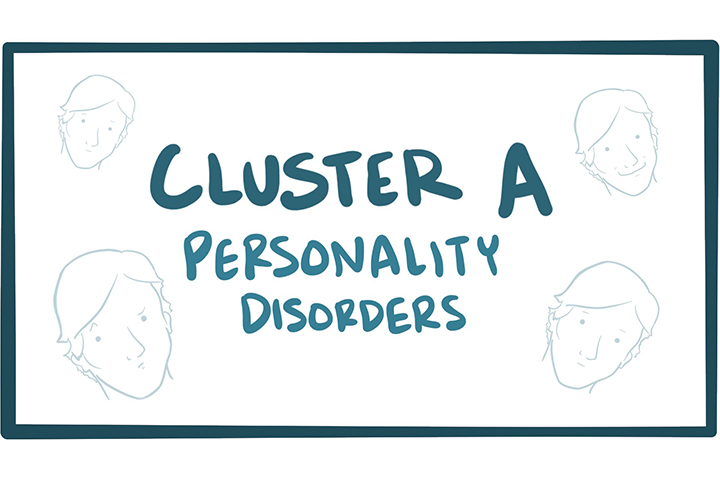Cluster A: Paranoid, Schizoid, Schizotypal
Cluster A: Paranoid, Schizoid, Schizotypal
Cluster A disorders encompass distinct patterns of behaviour characterised by social withdrawal, odd beliefs, and eccentric thinking. These individuals may struggle with forming close relationships and understanding social cues, leading to feelings of isolation. Recognizing the signs and seeking professional support can help adults navigate these challenges, improve their interpersonal skills, and enhance their overall quality of life.

Common symptoms include:
- Social Isolation: Adults with Cluster A disorders often exhibit a preference for solitude, struggling to connect with others due to their eccentric beliefs or social discomfort.
- Odd Beliefs or Magical Thinking: Unusual or irrational beliefs that don't align with societal norms, such as believing in supernatural events or having special powers.
- Paranoia and Mistrust: Persistent feelings of suspicion or mistrust towards others, often interpreting innocent actions as malicious or threatening.
- Eccentric Behaviour: Displaying unconventional behaviours or dressing in an unusual manner, setting them apart from typical social norms and interactions.
Interventions at Marga:
- Cognitive-Behavioral Therapy: CBT helps adults challenge and modify distorted beliefs, promoting more realistic thinking patterns and improving social interactions.
- Social Skills Training: Teaching adults effective social skills and communication techniques helps them navigate social situations more comfortably and build healthier relationships.
- Reality Testing: Encouraging individuals to critically examine their odd beliefs or suspicious thoughts can lead to increased awareness and reduced paranoia.
- Mindfulness and Self-Awareness: Mindfulness practices assist adults in staying present, managing distressing thoughts, and enhancing self-awareness, contributing to improved emotional regulation.






